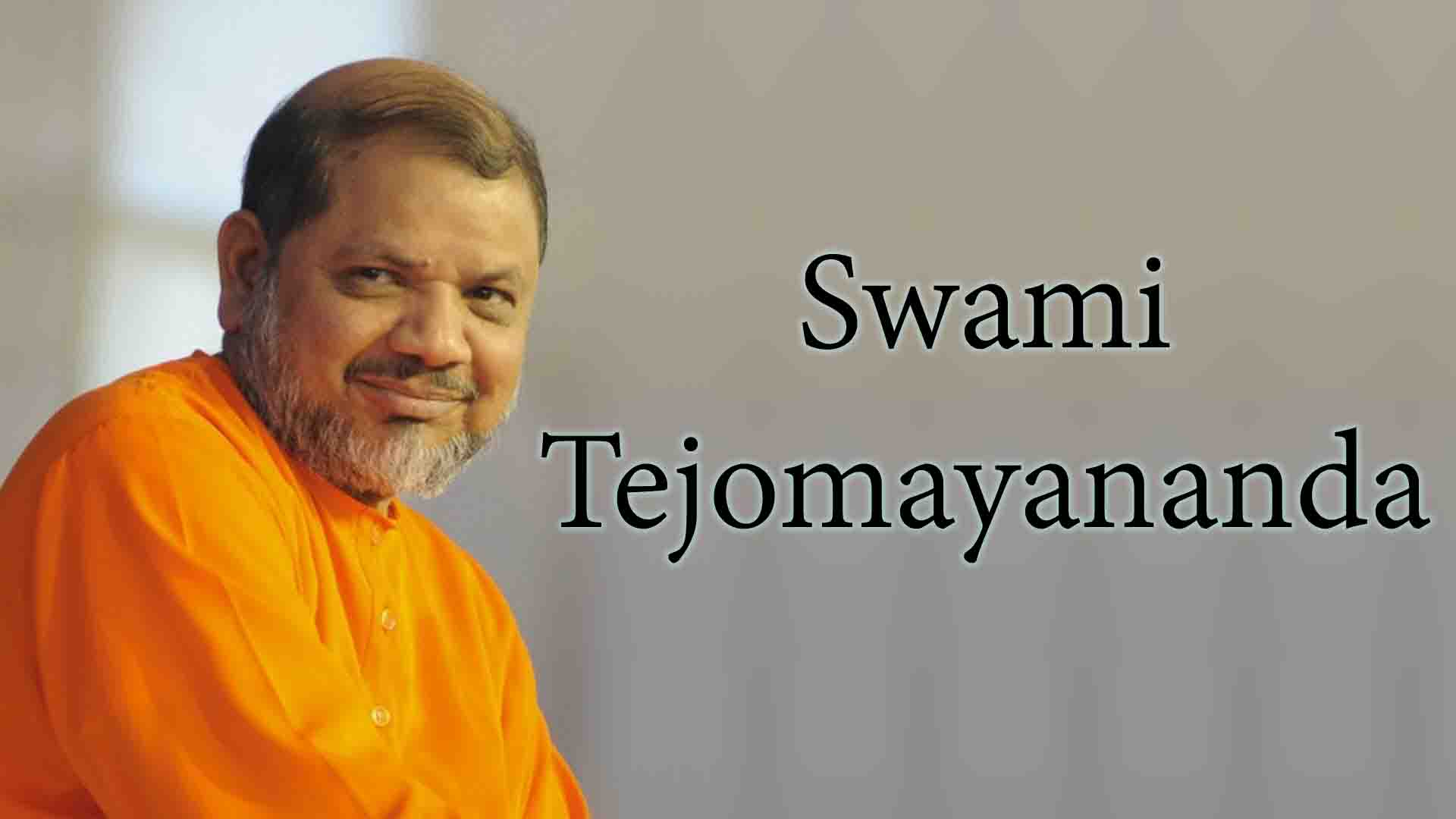ISHAVASYA UPANISHAD : “The All-Pervading Reality” -1
================================================================
===============================================================
Sunday, January 30, 2022. 06:30.
Reflections by Swami Gurubhaktananda
on the 12 Lectures delivered by Guruji, Swami Tejomayanandaji
to the 15th Batch Vedanta Course at Sandeepany Sadhanalaya, Powai, Mumbai :
July 11th – July 16th, 2012.
===============================================================
Adi Shankaracharya, Swami Sivananda, Swami Tapovanji, Swami Chinmayananda.
SERVE LOVE GIVE PURIFY MEDITATE REALISE
==============================================================
ISHAVASYA UPANISHAD : 18 Mantras on : “The All-Pervading Reality”
===============================================================
INTRODUCTION TO THE UPANISHAD
===============================================================
THIS UPANISHAD IS IN the Shukla Yajur Veda. It is part of the Samhitas. It takes its name from the first word of the first Mantra which means “the dwelling or clothing of the Lord”. There are only 18 Mantras in this text, but it has attracted the most number of commentaries, which suggests the importance of this Upanishad
--------------------------------------------------------------------------------------------------------------
It is usually the first Upanishad taken up in a course of study of Vedanta. The text is split into five chapters, which we have called “Waves”; each one is a ‘wave’ of Truth.
The target reader for this Upanishad could be of two types. The first is the serious student who seeks to be freed from the bondage of this world and to whom renunciation is the most appropriate path to follow in order to pursue Jnana Yoga. The second is the person who cannot do such a renunciation, but who is very desirous of attaining some degree of closeness to God. He is offered the path of Karma Yoga to enable him not to create any more new Karmas and to reduce his Karmic load.
There are people other than these two types who do not attach much importance to spiritual or religious practices, and who are quite contented to enjoy sensual pleasures as much as possible. They have no interest in making any spiritual progress. Their fate, too, is Included in this text, perhaps in the hope that they will review their attitude in life.
There are some utilitarian people who feel that everything we do should bring some material rewards. They would like to see the letters ‘Dr’ in front of people’s names, but ‘Br’ (meaning Brahmachari) was frowned upon. Even the certificates given for Vedanta studies were of no value to them. Gurudev himself used to tell students when giving them these certificates, “This is not a certificate to say that you are now God-realised saints! No, it may not even get you a job. This is just to say that you attended this Course!”
During the Chinese invasion years (around 1962), some friends of Swami Tapovanji had kept him informed of what the Chinese intentions were. They would put everyone to work to produce something. That was their philosophy. Those who did not work were considered lazy. Tapovanji was indifferent to philosophy of this type.
Generally the Upanishads do not ask one to do anything. They convey knowledge of how one can conduct Self-enquiry. Hence, critics often regard them as useless when compared to the Karma Kanda portion which makes them do various rituals to gain some ends. Guruji asked, “How can they say something is useless just because it does not show tangible results? What foolishness is that! Knowledge makes a person realize that a thing is not a snake but only a rope. Is that not useful? They may call it useless, but it is because of Knowledge alone that they can do all their activities.”
There will always be people who will strive for the Truth. They are not interested in worldly enjoyments. Perhaps they have seen the hollowness in them. The numerous commentaries are useful for all seekers of Truth. The greatness of the scriptures is seen in the type of person it produces, not how much money it enables one to earn.
A Rishi has said: “Even if all the Upanishads are destroyed, if just the first verse of Ishavasya Upanishad is saved, we can have the whole Vedas written again.”
============================================================
Overall Theme of this Upanishad :
“To see the all-pervading Truth in and through the disturbing trellis of the phenomenal world, is to realize the Truth in the outer world of Plurality. How this is harmoniously done is the very theme of the entire Ishavasya Upanishad.” – Swami Chinmayanandaji.
================================================================
Next-PEACE INVOCATION (Shanti Mantram)
To be continued ....





.jpg)

Comments
Post a Comment